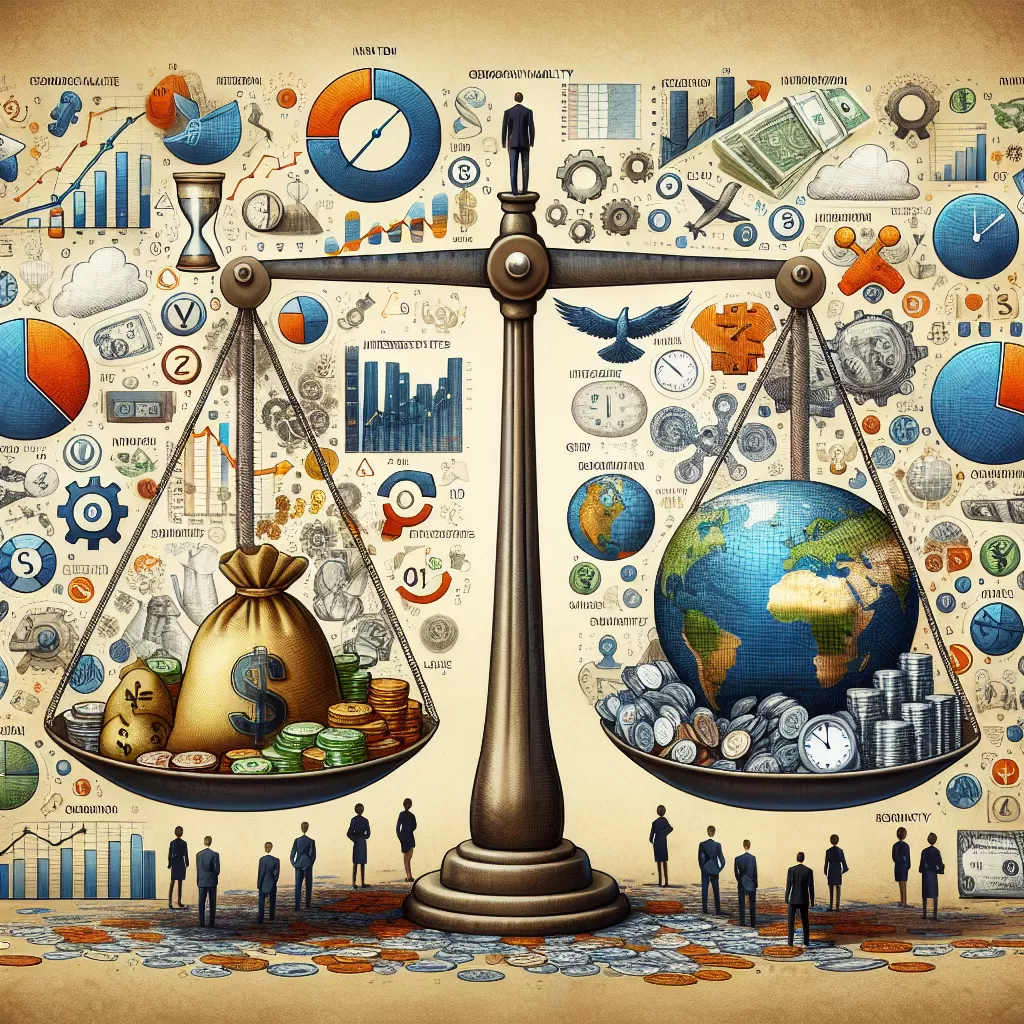What Are Some Factors That Can Influence The Exchange Rate Of Currency?
Follow Currency Mart April 10, 2024
Where to purchase Foreign Currencies?

Introduction
Currency exchange rates are contingent upon a complex web of factors that traverse economic conditions, geopolitical realities, and market psychology. As the Guardian of currency exchange, I am here to elucidate some of these fundamental factors that cast a tangible effect on the rates of currency exchange across the globe.Interest Rates
Interest rates are a major factor in determining currency exchange rates. When the interest rates in a country rise, foreign investors are attracted to invest in that country’s bonds and financial instruments to gain higher returns. This increases the demand for that country’s currency, raising its value relative to other currencies, and hence the exchange rate. The converse also applies to situations when a country’s interest rates fall.Inflation Rates
In countries where inflation is low, the value of their currency increases because their purchasing power is relatively high. This is due to the fact that their goods and services increase at a slower rate, attracting more foreign investors. An increase in foreign investment means an increase in the demand for the home country’s currency, and as such, a rise in its exchange rate.Economic Performance
The economic health of a nation plays an important role in determining its currency's exchange rate. If the economy shows signs of growth and stability, foreign investors would be more willing to invest in the country, increasing the demand for its currency and thus raising the exchange rate.Geopolitical Stability
Countries with stable political systems and less risk of economic disruption tend to attract more foreign investors leading to a stronger currency. Investors often flee from instability, selling off their investments and causing the currency of the country in question to decrease in value.Fiscal Policy
The fiscal policies of a country can also influence exchange rates. If a government resorts to expansive fiscal policy - characterized by high spending and low taxes - it might lead to a rise in inflation rates which can subsequently depreciate the currency. On the other hand, a tight fiscal policy can lead to increased currency value.Speculation
If traders believe a particular currency will rise in value in the future, they will buy a lot of that currency now to sell later at a profit. Such market speculation can influence exchange rates significantly.Currency Intervention
Sometimes, countries' central banks intervene in the Forex market to stabilise their currency. They buy or sell their own currency against other currencies to manage exchange rates. Such interventions can influence the exchange rates significantly.Current-Account Deficits
The current account is the balance of trade between a country and its trading partners. When a country has a large current-account deficit, it means it is spending more on foreign trade than it is earning, and that it is borrowing capital from foreign sources to make up the difference. Therefore, countries with large deficits in their current accounts usually have lower exchange rates. The complexities of currency exchange rates are many and multifaceted. Understanding them is paramount to making informed decisions when trading or exchanging currencies. It's essential to keep an eye on these factors to predict possible fluctuations in the currency exchange rate and manage your financial risks effectively. Remember, it’s not just about numbers, it's about the whole world dancing around them.
Where to purchase Foreign Currencies?